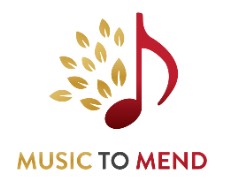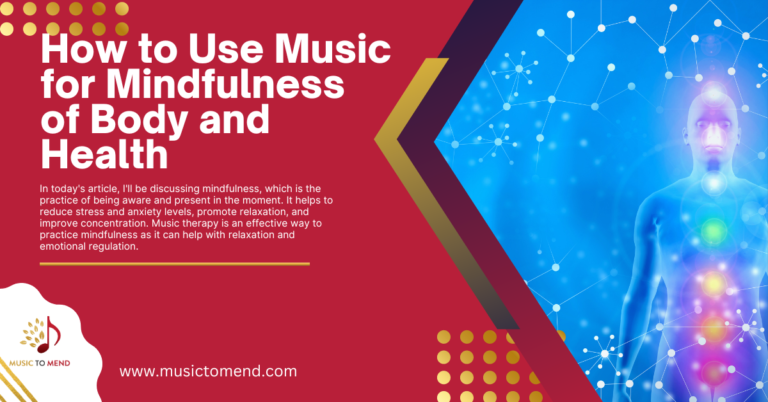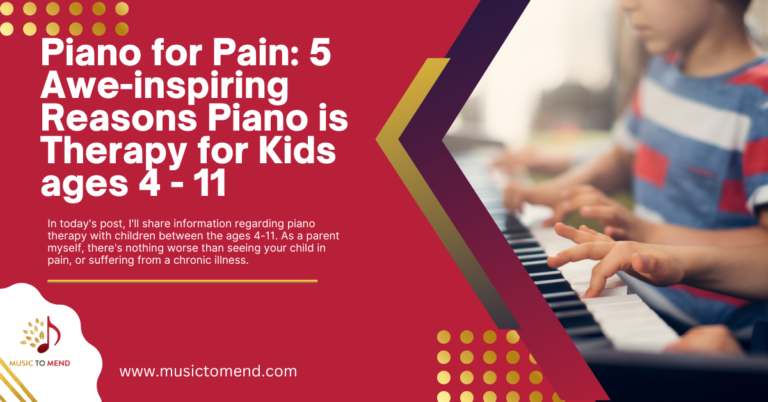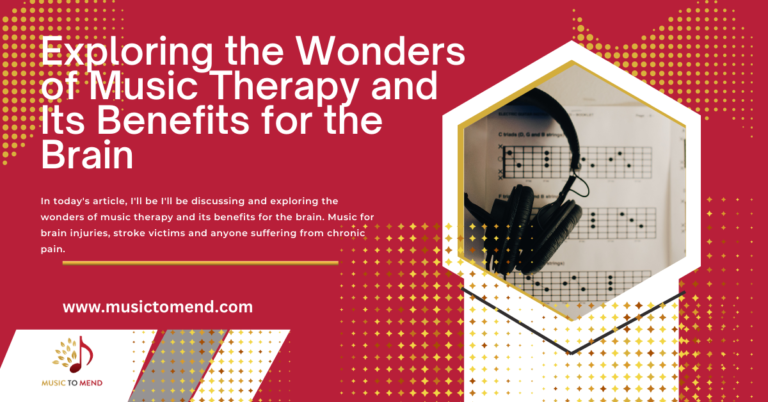A Song a Day, Keeps the Doctor Away: Music is Good Medicine!

ES_Deep Inside the Rainforest – Sight of Wonders
In today’s post, I’m going to share the positive aspects of playing the piano, and how playing just one song a day can bring you a plethora of benefits. If you have an autoimmune disease as I do, you know the drills of going to the doctor, being poked and prodded for lab work, and the other unwelcomed consequences of living with a disease. But wait…good news! I’m here to share with you what doctors don’t have time to tell you: music just makes perfect sense if you’re suffering from pain.
Today I’ll be discussing the benefits of playing for pain! If you’re in pain, i.e., joint/hand pain, back pain, etc., playing the piano is a great way to relieve at least some of the pain. Maybe you’re here because you’re intrigued, or maybe you have your heart on learning an instrument other than the piano, no worries here! In a future post, I’ll be sharing other ‘just as fabulous’ instruments like the piano. Stay tuned for the next post.
For now, let’s get to it, shall we?
Strengthening the mind
Perhaps more than any other musical instrument, the piano builds up the player’s cognitive abilities, strengthening the parts of the brain that are used in math and reasoning.
In addition, regular piano playing provides a workout for a brain’s working memory.
Other good habits like focus, perseverance, and diligence are improved by playing the piano. Research shows that piano playing boosts creativity, too. Even accepting constructive criticism from one’s piano teacher can help a young person become more secure.
Additionally, split concentration, also called divided attention, is an integral part of playing the piano, which helps a pianist’s concentration skills. A piano student uses both hands, reads song lyrics, listens to the notes being played, and presses the pedals. That’s real multi-tasking, especially for young piano students. And there’s nothing that says older students can’t multi-task as well.
One study indicates that patients who play an instrument for 20-30 minutes daily benefit from their multitasking skills in education and personal lives. Imagine if you could relieve some of your pain from rheumatoid arthritis, or lupus, or any of the other hundreds of autoimmune diseases out there. Wouldn’t that be great, if even for a few minutes of piano playing a day? I think so!

Calming the mind
Music-making also has a calming effect on the mind. Research shows that time spent at the keyboard improves mental health: piano players frequently experience less loneliness, anxiety, loneliness, and depression than their non-musical peers.
A 2013 study published by the National Library of Medicine discovered that playing piano treats depression and alleviates stress. If you have an autoimmune disease, I can relate to the sad, long painful days of living with the disease.
Expressing one’s emotions through a powerful instrument can offer anyone a much-needed release from the stresses of school, difficult peer relationships, and other growing pains.
The sense of accomplishment a young person feels as they play a challenging piano piece is obviously one source of a healthy self-esteem. Parents, as well as caregivers, have long grasped this, instinctively giving praise and encouragement to their piano-playing children or adult parents and grandparents, serving as their first “audience.”
Improving one’s physical health
You might not believe it initially, but sitting down to play the piano is quite a workout. Fine motor skills and hand-eye coordination are sharpened. Playing the piano also makes your hands and arm muscles much stronger than the average person’s. If you’re an arthritis sufferer like me, playing the piano actually strengthens the joints and muscles in the hands.
Recent research suggests that older piano players can benefit from increased levels of Human Growth Hormone, which can slow some aging effects.
Another study asserts that having music in one’s life on a regular basis has also been proven to reduce anxiety, relieve stress, and even manage pain.
Playing the piano can improve your overall aural awareness, as well. Playing the piano trains students to recognize tones, intervals, and chords and helps them develop a sense of pitch.
People with different struggles and challenges get different wellness aspects from their piano playing. Some may need a creative or emotional release, a deep break from the stresses of work and life in general. Others may want to develop multitasking skills and better concentration.
Whatever of these wellness areas you wish to work on, the piano allows you to improve while enjoying the challenge and fun of making music. You can’t go wrong with learning to play the piano. If you would like to learn how to play the piano and start living your best life again, I’d love to be your teacher! Of course, I’m not advocating you stop taking your meds or ignore your doctor’s advice. I’m advocating for a new life filled with music, even with your current struggles and challenges.
Just like the old adage, “An apple a day keeps the doctor away,” makes sense. I’m a strong believer that “playing just one song on the piano a day will keep the doctor away.”
Please contact me if you’d like to start playing your favorite songs in weeks and months instead of years. I’d love to be your teacher and help you along your journey to wellness!







